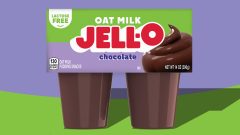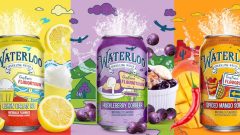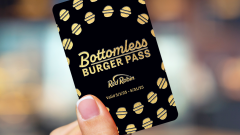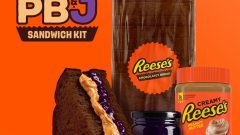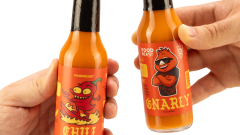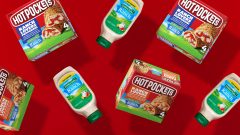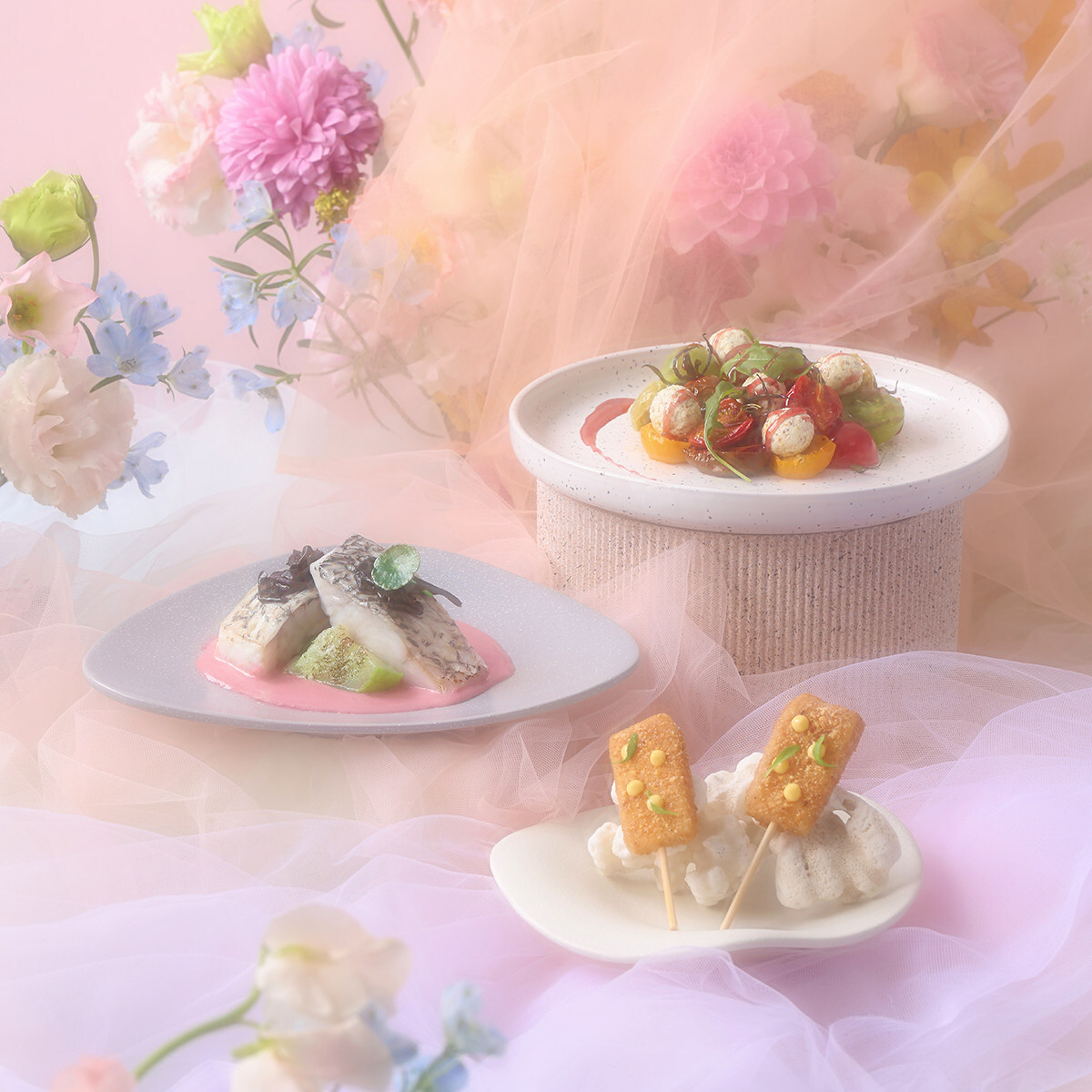Seriously, STOP Being Scared of GMO Foods
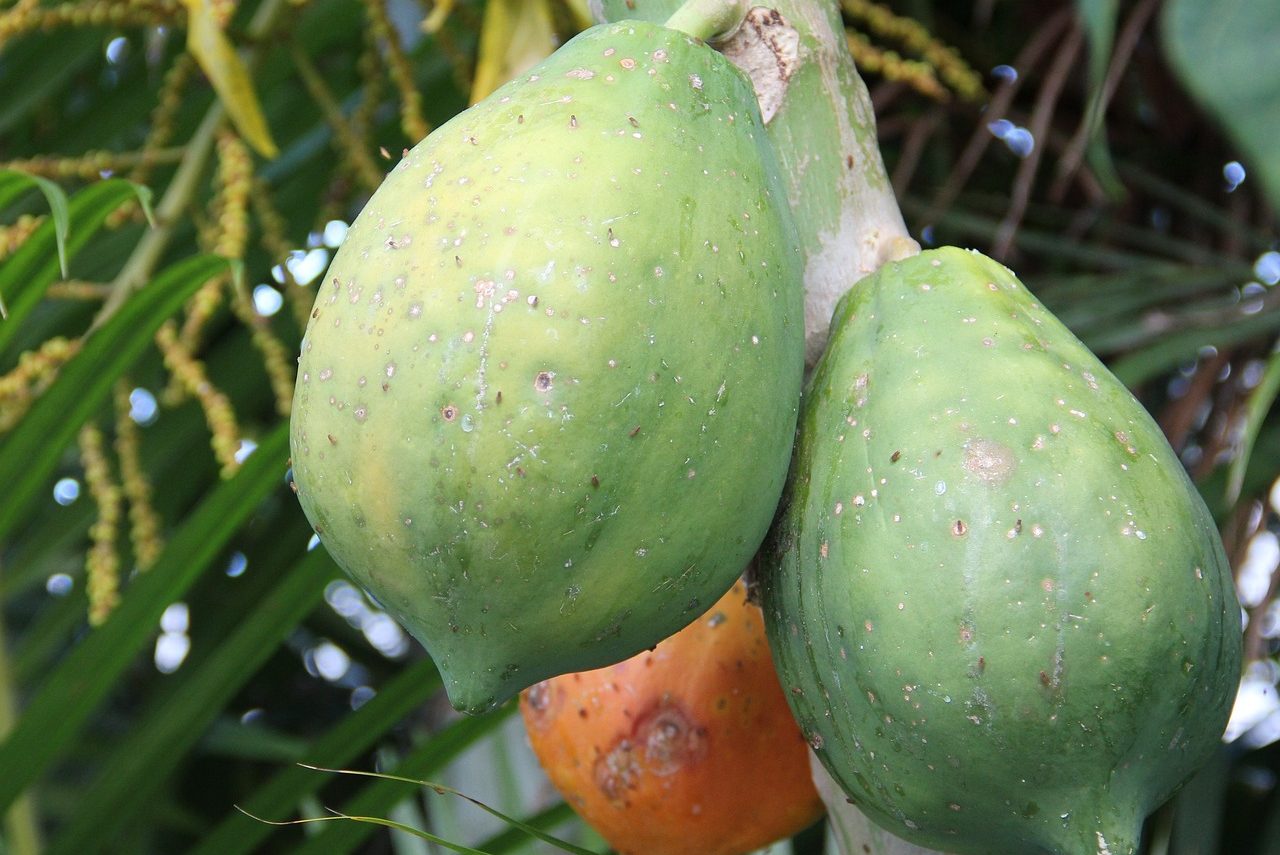
I’ll never forget the first time that I watched Food Inc. We watched the documentary in my high school’s culinary arts/food science class, and what stuck with me more than anything else was the controversy and scandal that surrounded Monsanto throughout that film. From that, I began to develop a passion about food, food science, and food activism. At the heart of that passion and interest is the topic of genetically engineered (GE) food – better known as GMOs.
GMOs – or genetically modified organisms – are one of the most hotly debated topics when it comes to food. The majority of the public that knows about GMO food think it is unsafe and worse for your health, based on a poll from the Pew Research Center.
Yet there’s still so much the public doesn’t fully understand about GMOs. However, only 10 percent trust the food industry to tell them the truth about GMOs. Less than half trust scientists to do the same thing.
With a growing distrust and a lack of knowledge in consumers about GMOs and GE food, it’s important that the food industry and scientists better gain trust and communicate the knowledge they have. With that in mind, I had a chat with GMOAnswers Expert Christopher Barbey to talk about our views on GMOs, the public’s views on GMOs, and where they are headed in the future.
Christopher is a current PhD student at the University of Florida, studying molecular genetics and plant biology. His research and work focuses on strawberry and potato genetics, and he’s spent some time in the industry, with three and a half years of experience at Simplot – a massive food and agribusiness that uses biotechnology to improve and develop agriculturally sustainable crops. When it comes to genetic engineering, he’s got the experience and knowledge to back up what he’s saying.
With my heightened interest in GMOs and genetically engineered foods, it was great to hear what he had to say.
On The Health And Safety Of GMOs

Having done research as a food scientist in GMO and Genetically Engineered Foods, I feel that there is no health or safety risk when it comes to GMOs. Do you agree with that statement?
I definitely agree with that statement, but with some caveats. There’s a consensus of scientists, scientific agencies, and health agencies worldwide that agree that it’s safe. That’s my answer as a citizen. My answer as a scientist is that I’ve looked at a lot of the data myself and I’m also fully convinced from that angle that it’s totally safe. It hasn’t been a controversial question for 20 years.
I feel the same way in terms of health and safety risks. The big question for me is more of an ethics question, that’s what got it on the map with “Food Inc.” and Monsanto, where GE/GMO was seen in an unethical picture. There are companies taking that research and using it in a more ethical way, like Del Monte’s Rose Gold Pineapple, or the Arctic Apple. In terms of ethics, how should companies use GE or GMO food?
There have been a lot of GE crops that have been released, including those released by independent scientists at universities, like Hawaiian Papaya. You’re definitely going to see a lot more of this, being made by CRISPR [a DNA-splicing technique to put specific genes into organisms] and other things as well.
I think that that’s going to be the story in 10 years, is that you’re going to see more GE crops coming out of universities. I think that’s going to a good thing for the consumer, I’m really excited about that. My opinion is that the traits that have come out of private industry in the early 1990s and 2000s are fantastic traits that have done great things for farmers, for consumers, and for the world in general.

Can you delve more into the papayas? From what I understand, correct me if I’m wrong, there was some kind of disease that wiped out all papayas except for that GE variant, and we wouldn’t have papayas today if it weren’t for that.
Christopher: You’re absolutely right. There was a disease on one of the main islands that was going to hop onto the major island of production. They scrambled and made this “Manhattan Project” and got the USDA and Hawaiian scientists together and made a genetically engineered papaya to resist it. That’s what’s keeping the industry alive and what has been for 15 years.
I wish we had more examples of that and the reason we don’t have more of it – I’m kind of sad to say it, but the reason why we don’t have more examples of that is that we don’t have a more cultural environment that would allow that.
On Educating Consumers About GMOs and GE Food

A lot of consumers have a very negative view among GMOs. How do you reach that consumer base that distrusts GMOs, scientists, and the food industry and tell them that GMOs are safe and fine?
I think that if more people understood what the real potential of genetic engineering was then more people would be on board with it. In America, we have genetically engineered crops that give us big improvements, but it’s not keeping anyone from starving in the United States, right? There’s always food here. But that’s not the story around the world. There’s no ceiling to what we could do with GE, especially in the developing world. We could give healthier food and less expensive food to people who have nothing. I think that the reason we’re not doing that is because companies are afraid of being hated over there. I think it’s a risk that people are unwilling to take.
There was a campaign with 100-plus Nobel laureates who got together and wrote a letter to drive one really simple point. This didn’t really crack into the big, mainstream news. You got 107 of the smartest people in the world writing a letter on one thing. And it was that basically we should let Southeast Asia and Africa have Vitamin-A enhanced golden rice. This was a huge deal, it was going to prevent kids from going blind. Why isn’t this a thing? We’ve had it for like 10 years. And really the only thing that’s holding it up is our cultural environment. We just say no to it. We have amazing technologies that could help the suffering and we’re sitting on it.

I think one of the biggest concerns I’ve seen from people in the community is the question of natural food and whether GE or GMO food fits into that definition. Do you think GMOs fit into the definition of natural? If not, what’s a way that it could be given to consumers to be seen in a positive light?
The reason that that’s such a tricky question is that there’s such a thing as “natural.” We’ve been messing with our food genetics since we started farming 20,000 years ago. When we talk about GE is that it’s one addition or one subtraction of a plant genome to potentially make an improvement. Anytime you make a conventionally bred crop, you’re reshuffling the entire genetic stack. The implications of that are incomprehensible. But it’s what we’ve known, what we’ve been doing for eons, so everybody is in on board with it.
It needs to be said, by the way, that genetically engineered foods have a perfect track record in terms of safety. The record for conventional food and conventional breeding is not unblemished. People have been hurt, like with the Lenape potato (which isn’t GMO), with psoralens in celery. So the idea that natural is better or that conventional breeding is safer in the full scientific comprehension is just totally baseless.

That’s very true, and that’s why GE has come up. There’s basically two types of genetic modification that we do, one of which was done with the Arctic apple that prevents apples form turning brown or the Rose Gold pineapple that prevents the conversion of lycopene to yellow carotenoids. So those forms of GE are what we call “gene silencing.” And then the other form is “Frankenfruit,” where you take the genes from another plant or species and put into the plant you’re trying to modify.
I think Frankenfruit is so freaking clever, I almost don’t mind it. I wish we could culturally reappropriate that term because it’s so funny. These are highly engineered but also very specific small changes that we’re making to a genome. When we do them, they are studied with such scrutiny that it sometimes takes 5 years and tens of millions of dollars to run them through the regulation gauntlet. The EPA, USDA, the FDA, as well as other world agencies. I don’t know if there’s anything inherently more or less dangerous between gene silencing or over-expressing a trans gene. It all comes down to what is the trait.
I talked before about the Lenape potato, it turns green and makes these harmful compounds and people get sick. We have made those with conventional breeding. We’ve made poisonous crops with conventional breeding. Of course it would be possible to do that with genetic engineering, but it would not be possible to sell it legally. It would have to be such a massive worldwide scientific failure, and everyone has their focus turned on this so much, it would be inconceivable for a genetically engineered trait to be anything but absolutely safe. When I go to my mom’s garden and I see some weird crossbreed between two heirlooms, I’m not worried about eating that. I’m also not worried about eating genetically engineered foods.
On GMO Labeling

Do you think GMO labeling should be done? Should we label them as GMO or GE?
GMO labeling as a political issue has been figured out. There was a bill passed in both houses of Congress, President Obama signed it into law. [It will be implemented within two years, and likely will include QR codes with information on GMOs.] It hasn’t gone into effect yet in terms of QR codes. People who go into grocery stores and want to know that their organic food is non-GMO as well as everything else, they will be able to do that. That’s now going to become law. As far as I understand the issue, it’s kind of over. I think that’s a perfectly fine compromise. I don’t have strong feelings about that.
Do you think that labeling could be more clear though?
Here’s my opinion, and it has nothing to do with policy or anything like that, this is just me speaking here. I think that simply labeling something as genetically modified is empty information for the consumer. It doesn’t tell you anything about the traits, it doesn’t tell you what’s different, there’s no context in there. I think people are not really equipped to understand the consequences of it. […] My fear is that that is a way that implies government endorsement to an unfounded, unscientific fear.
If we had a very scientifically literate population, I think it would be cool to know. When I go and I buy my food at the grocery store, I always check to see what variety it is, because I’m an agricultural guy. I think it would be cool if we could know more about our food, that would be great. But I also think that there’s a responsibility with how information is presented. I think it’s kind of obvious that mandatory labeling would be a tool that’s used to misinform people. I think QR codes is a good compromise.
So, What Is The Future of GMOs?

If you were to take away one key thing from this interview and experience, it’s this: GMOs are safe, healthy, more ethical than ever, and going to be even more prevalent in the future. QR codes and labeling are going to help us understand where our GMOs come from, and can help us make the choice to buy from ethical/unethical GMO companies or not.
Honestly, I feel that GMOs are so negatively viewed in society that we may not use their full potential, as Christopher Barbey emphasized throughout the entire interview. But hopefully by writing this, you all learn a lot more about what GMO and genetically engineered food really is, and how it can be great for our future.
Just remember this one thing: Buy ethical GMOs. They’ll be huge for the future of food.






